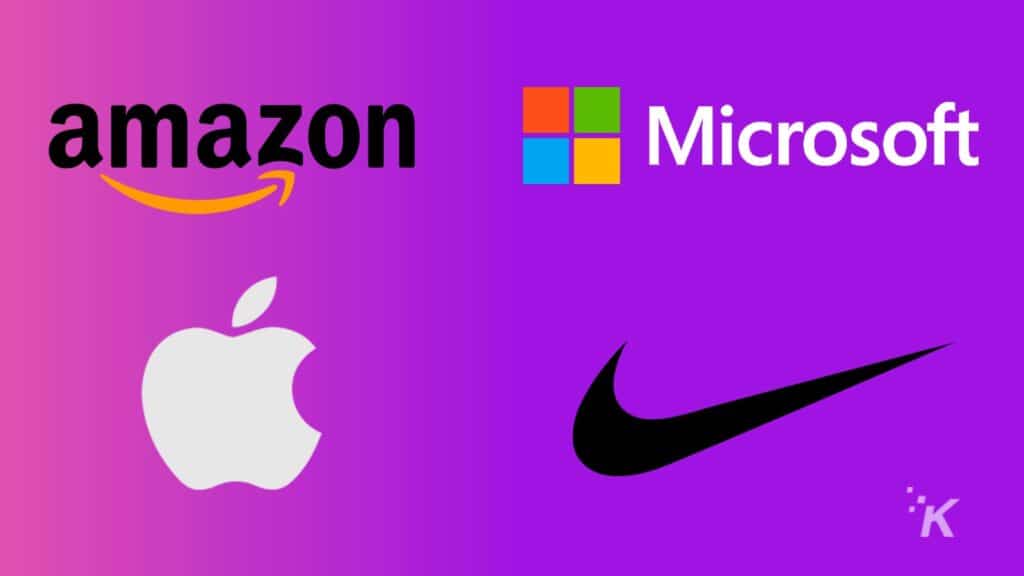Tech
Peloton finally learns most people don’t give a damn about pricey fitness equipment
Peloton has had a rough couple of weeks and things aren’t looking up.

Just a heads up, if you buy something through our links, we may get a small share of the sale. It’s one of the ways we keep the lights on here. Click here for more.
Since the advent of the human body, our flesh sacks have needed a sincere level of physical activity to prolong life and maintain general health. Since the advent of Craigslist, we shun that ideal with mid-February resolution regret, listing our treadmills, ellipticals, and exercise bikes at a steep discount.
The pictures on the listings of these items show recently purchased high-tech devices relegated to laundry shelves and the metaphorical embodiment of human self-care traded for a bag of Doritos. This is the American way. Why should Peloton be any different? Could it have possibly altered the exercise mentality of an entire country?
The recent Peloton downturn has been nothing short of epic. Television characters have had heart attacks, Peloton CEO & Co-Founder John Foley stepped down, and the company announced the layoff of 2,800 global employees, including 20% of its corporate staff).
READ MORE: Peloton Guide is a camera that tracks and analyzes your workouts
As some sort of tech-bro salt on the wound severance, those laid-off employees get a free one-year Peloton membership. Considering I can’t read my own articles on Forbes without hitting a paywall, that’s a pretty sweet deal.

There are people who exercise daily and there are people who don’t. There are a few that are in-between, then there are CrossFit people, but we don’t talk about CrossFit here. Peloton latched on to the same thing that made CrossFit popular — a cult-like mentality offering something the same, but completely different.
READ MORE: Peloton machines now work with Apple Watch
Where CrossFit still remains a mildly hardcore endeavor reserved for the fit-brained few, Peloton rightfully took advantage of selling to a home-bound populace in the middle of a pandemic. Its fanbase grew and now, has reached a natural point of attrition.
But the pandemic is coming to a close (not the underlying virus, but the economic reaction) and gyms are open. People are back to their pre-pandemic ways, choosing to expand the groove on the couch after an ill-fated attempt at becoming someone who spins 20 miles a day while competing with others at the behest of a personal trainer on a screen.

It’s that community that has kept many riding with Peloton, even as the company announced (along with the other news) that it is ceasing production of new bikes, treadmills, and the facilities to produce them.
READ MORE: Peloton is dropping equipment prices but raising subscription fees
There are many who have seen a substantial value in riding with Peloton, often citing the instructors, community, and convenience more than anything else. There will always be people who would rather work out at home than drive to the gym to get yelled at.
It will be interesting to see, after all this shakes out, how Peloton’s subscriber rate holds up (not counting laid-off employees). The company does have a future and a solid, rabid fanbase holding on to the handlebars, edging for more punishment (as of today, 2.8 million subscribers).
Will another company come in and scoop Peloton up?

READ MORE: Google and Samsung partner up for better fitness tracking
It’s too early to call Peloton dead (and we wouldn’t want to poke that beehive of energetic Peloton stans), but the company is in trouble.
While the stock market isn’t a true indicator of reality, investors are showing a bit of uncertainty as buyout rumors (Amazon, Nike, Disney, Microsoft, and Apple were names thrown around this week) solidify Peloton’s immediate, volatile future.
Peloton took a decade to grow to the point it’s at now, but since 2020, it had perhaps dove too quickly into the deep end of the pool, not realizing it’s one of those community center pools that is a consistent four feet deep all around.
Apple would be the logical choice for a buyout, as not only does it have tons of cash lying around, but it has been pushing Apple Fitness+ and health products fairly aggressively.
Peloton would be a good addition to this endeavor, at surface level analysis at least. Unlike Apple’s other health products, Peloton wouldn’t be wearable or portable product, so it would be a huge step for Apple to embrace such a static piece of body-related technology.

The best assessment of where Peloton is at right now and its relation to common human behavior comes from Timothy Hubbard, assistant professor of management at the University of Notre Dame’s Mendoza College of Business.
Speaking to CBS News, Hubbard notes, “Peloton’s executives believed — as many did — that behavioral changes in the pandemic would stick. That does not appear to be the case as we see people reverting to their pre-pandemic routines.”
You can put all the high-tech exercise you want under the butts of the regular American, but at the end of the day, we are always going to revert en masse to the loaves of bloated snack cakes we are on the inside.
Have any thoughts on this? Let us know down below in the comments or carry the discussion over to our Twitter or Facebook.
Editors’ Recommendations:
- Review: Urevo exercise bike – a no-frills bike that doesn’t break the bank
- Will the AirPods Pro 2 feature fitness tracking?
- OnePlus is releasing a new, cheap fitness band
- A Google watch with Fitbit features could launch in 2022































